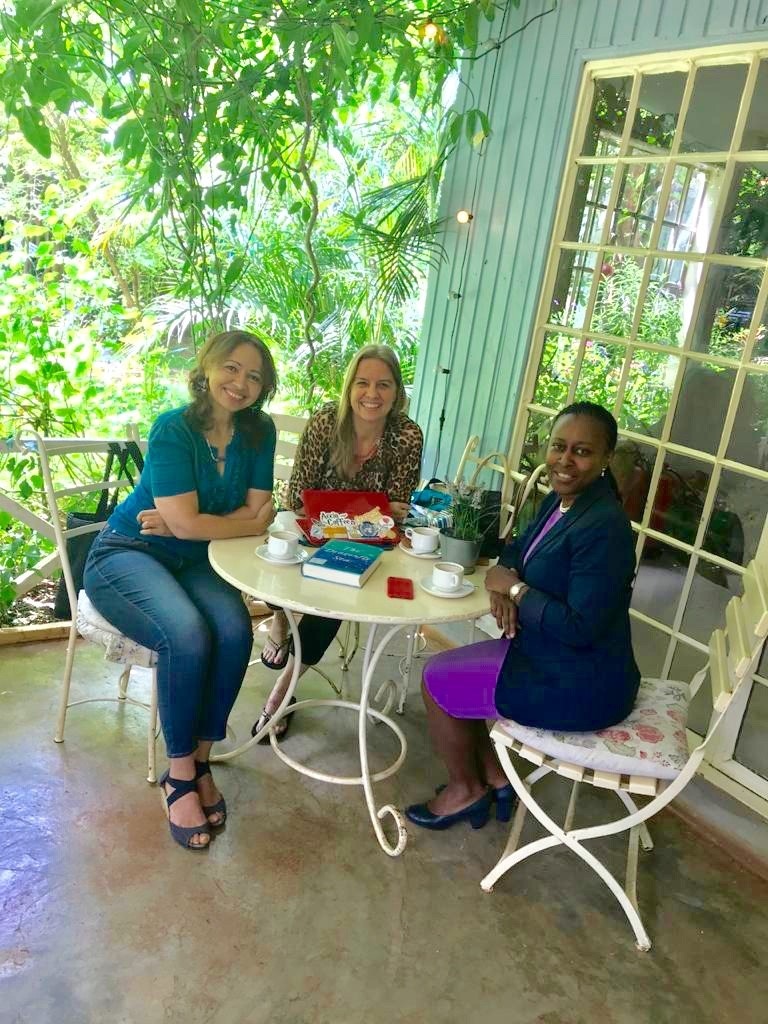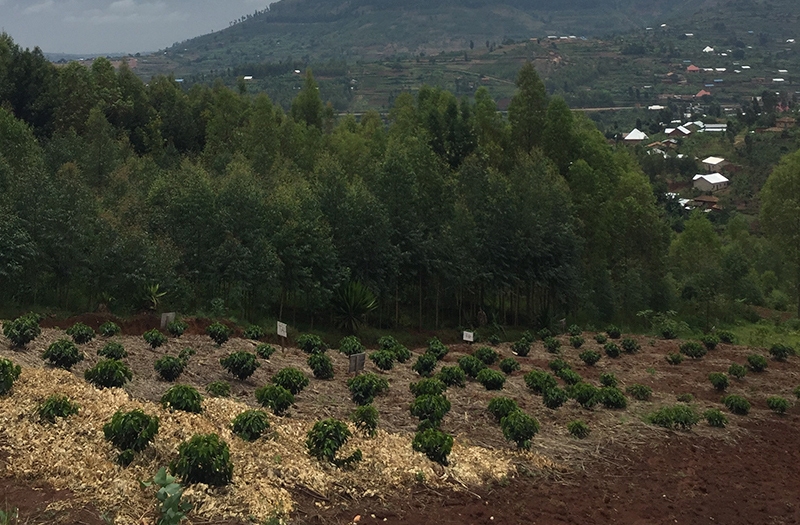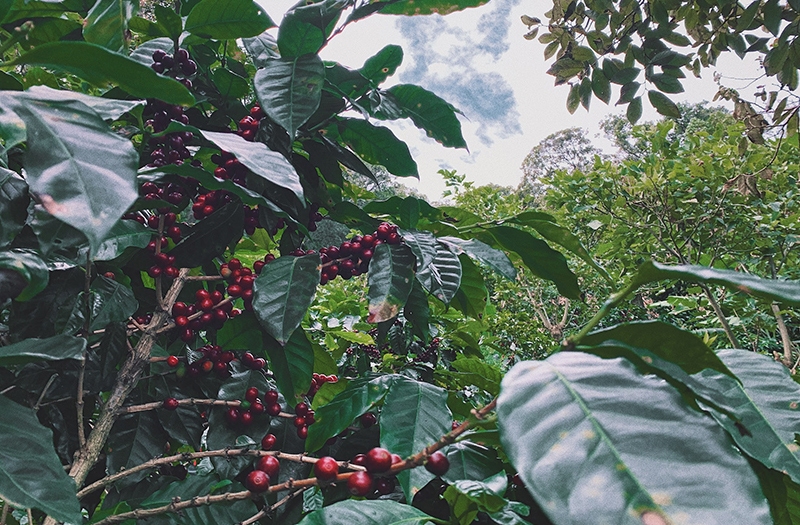
Most mornings, I don’t turn on my phone. Before I invite the global news, Instagram updates, or email business into my bedroom, I first journal about my decadelong goals and make progress on my writing deadlines.
But today is different, because at 9am, I am scheduled to meet two friends at a Nairobi coffee café, to interview them for a magazine. As a result, I have to turn on my phone to request a ride from Uber.
Alas, on the drive to the café, I am swiftly led into temptation. I check all my news feeds, learning that the World Health Organization has declared coronavirus a global pandemic. And therefore, the morning highlights include the cancellation of all services at the National Cathedral in Washington, DC, the ban on entry from most European flights to the United States, and the postponing of the Melbourne Coffee Expo, including the World Barista & World Brewers Championships.
If all this isn’t enough of a deluge, when I arrive to the small café, there is no seat available outside the range of a table, whose occupants are loudly and fervently debating the symptoms of COVID-19, and what Kenya should do about it.
Fortunately, my friends soon arrive. We order three Americanos and we start to talk. For reasons beyond a global virus, the three of us have come with varying levels of melancholy: a childhood friend died, a business venture failed, another rejection letter received in pursuit of a cherished dream.
Our Americanos arrive, and I begin the interview. My friends own a Nairobi café, and they share their story with me: the history behind their friendship and café, the risks they took to open it, their motivations to maintain it, and how coffee inspires them.
Somehow, as if by magic, our spirits lift. Through the alchemy of coffee and conversation, communion takes place. We remember that we are not alone. We tell our stories. We listen to each other. We affirm why we are working in specialty coffee, not only for ourselves, but to uplift others as well.
And this moment reminds me: this is how sustainability can look in times of crisis – by coming together and by encouraging one another.
After all, how we will get through the current crisis is the same way we get through any crisis: resilience, community, and empathy.
How does Sustainability look in a time of Crisis? It looks like Resilience.
Last year I wrote an essay for 25 Magazine, where I shared a brief history of the term resilience, and its etymological roots. While a myriad of definitions can be useful, this week I favor Lutheran World Relief’s definition of resilience as an approach that includes the ability to “absorb the impacts of shocks and stressors; adapt to changing circumstances; and transform amid uncertainty” as a result of a disrupting event such as a disaster, disease, or conflict.
And the truth is, in specialty coffee, we have been through all these, and other, kinds of crises. We know all about price volatility. We endure climate disasters, and then rebuild. Many experience inequalities and injustice. Yet, we are a strong global community with more examples of endurance and courage than I could ever name.
How does Sustainability look in a time of Crisis? It looks like Community.
While the “best laid plans of mice and men go oft astray,” we innovate. For example, earlier this year, Starbucks China, Japan, and Asia Pacific hosted a Digital Latte Art Throwdown in lieu of the previously planned, in-person event. Fourteen baristas competed in a live online broadcast, during which more than 5,300 people tuned in. Fortunately, we can use technology to stay connected and maintain community.
How does Sustainability look in a time of Crisis? It looks like Empathy.
May we remember that the original definition of “to sustain” means “to hold, to bear, and defend,” which I wrote about last month. We can only fight this – or any – crisis together if we hold, bear, and defend each other, especially those most vulnerable in our communities.
Some Final Thoughts
For the time being, we are required to change our daily lives. But we are not required to give into Fear–even when facts are scary.
We can choose to come together in resilience, community, and empathy, even when it feels like the world is falling apart. Courses, competitions, and conferences may be cancelled, but let us never cancel our humanity.


